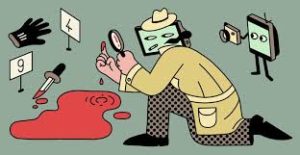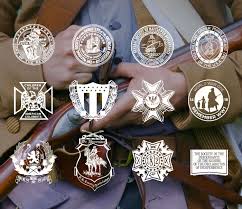
There has been much controversy lately regarding law enforcement’s use of DNA results from public sites to solve crimes. I’ve even had a Client who requested the removal of results due to media coverage. Here’s my top five reasons to keep your DNA public:
You’re reconnecting with close family that may hold the key you otherwise wouldn’t ever uncover
You’ve gained collaborators who care about the line you’re interested in learning more about
You gain health information that you otherwise wouldn’t obtain so you can make better lifestyle changes, if needed, to enhance your quality of life
By sharing your information, you’re being altruistic in helping others
You’re leaving a footprint for future genealogists
I understand the cons. No one likes to snitch on family but the real truth is that withholding your DNA results is not going to alter people who make poor choices need to make restitution for their actions. The serial killers who have recently been outed continued to make bad choices that negatively affected others. If DNA results had been available years ago, think of how many families would not have suffered the loss of a loved one.
My long time readers will know from past blogs that my family has made some really awful choices – abusive behavior and law breaking readily come to mind – and I’ve found that other families I’ve researched have a few bad apples or black sheep, too. All humans share DNA, obviously some more closely than others. Just because you share DNA genetically with someone who committed a crime does not make you more likely to do the same. Hiding your DNA is not going to change their actions at all.
No one appreciates Big Brother nosing in on you and your loved ones. A few nights ago, however, the importance of using technology to catch a criminal was really driven home to me. Because their is currently an open police investigation I’m going to be vague in details. Suffice it to say that we were able to possibly prevent a future homicide due to a Fitbit, security cameras and a cell phone record. Giving up a little bit of privacy for the common good of a community is the right thing to do.
If you’re thinking about removing your public results, seriously think again. The information you withhold may save a life.


